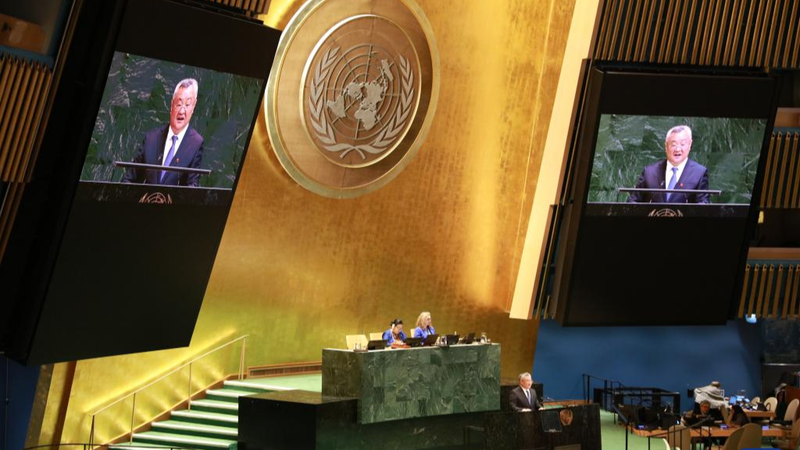Today, as the world navigates a turbulent political and economic landscape, one message has never rung clearer: multilateralism is our best path forward. At a virtual BRICS Summit on September 8, Chinese President Xi Jinping reminded global leaders that cooperation—not competition—will define our collective success.
Why Multilateralism Matters
In an era marked by climate crises, growing inequality, and fragile recoveries, unilateral actions fall short. No single nation, however mighty, can tackle these challenges alone. Strengthened cooperation and genuine consultation pave the way for solutions that are fair, inclusive, and durable.
Built on Law and Institutions
The blueprint for this cooperative world order was laid out in the United Nations Charter of 1945, emphasizing sovereign equality, territorial integrity, and non-interference. These principles power platforms like the International Court of Justice and the World Trade Organization, where disputes find peaceful resolution and trade flows under agreed rules.
Proof in Peace and Prosperity
History speaks volumes. After World War II, the birth of the UN, the IMF, the World Bank, and the General Agreement on Tariffs and Trade set the stage for global recovery. Today, world trade reaches $32.2 trillion, lifting hundreds of millions out of poverty and weaving a web of interdependence that has helped maintain peace for nearly 80 years.
Looking Ahead
The call for multilateralism isn’t a nostalgic glance at the past—it’s a roadmap for tomorrow. As young global citizens, entrepreneurs, and changemakers, our role is to champion inclusive dialogue and build bridges across cultures. By doubling down on cooperation, we can shape a world that’s fairer, greener, and more resilient.
Reference(s):
cgtn.com




